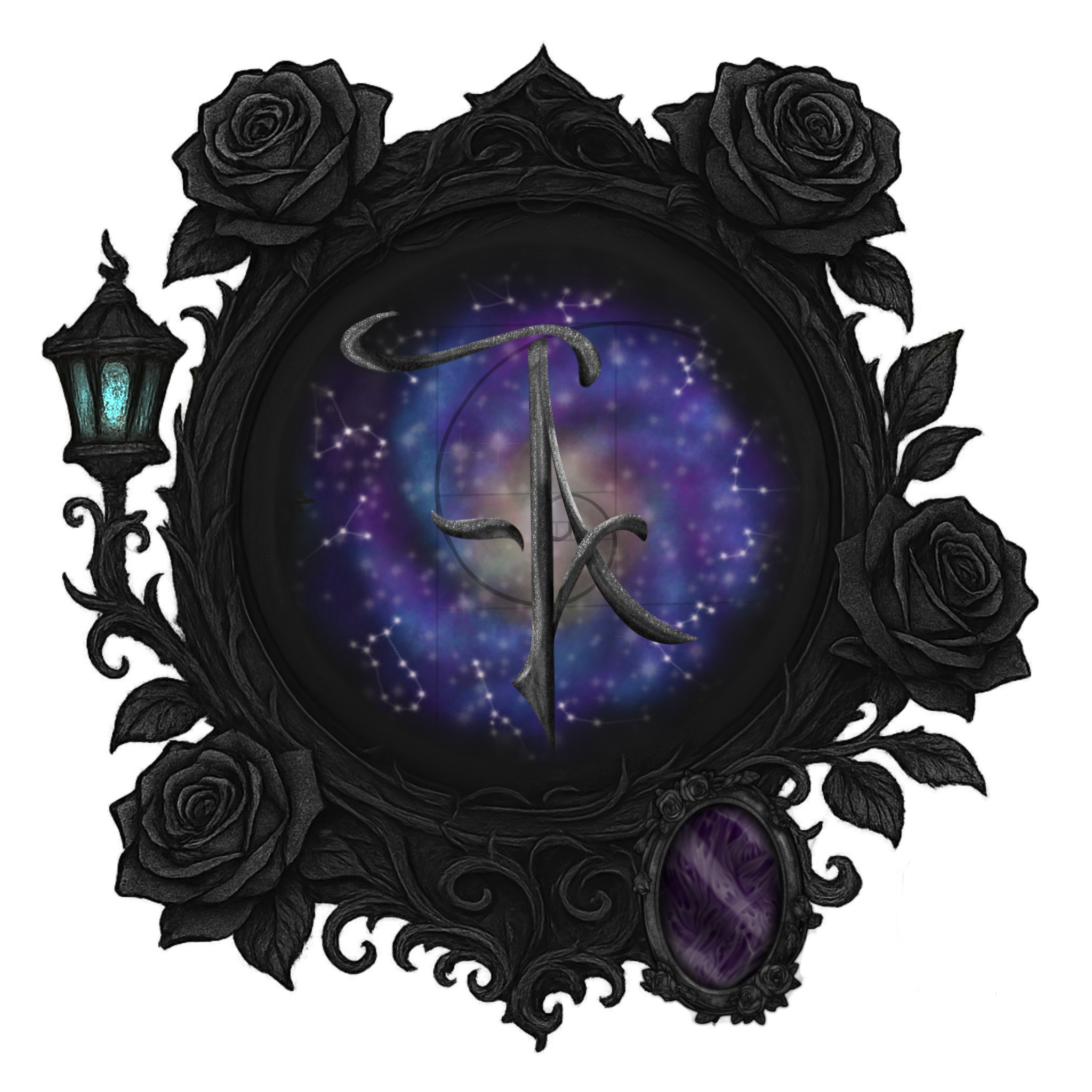How to: Character Lore
🕯️ How Your Story Writes Itself 🕯️
You don’t create a static backstory — you let your character live. People act, you respond. Here’s how you turn actions and events into your history:
1. Actions Have Weight
Every interaction — a betrayal, alliance, title earned, enemy slain — is not just “what happened.” It becomes a part of your identity.
-You don’t simply “join a house or clan” — you bind yourself to them.
-You don’t “drain a hybrid” — you tear from them what was never meant to be surrendered.
💬 What this means:
- Words people say to or about you? They shape your reactions.
- Choices you make in combat, in council, in ritual? They mark turning points.
2. You Track a Living Timeline, Not Just a Backstory
Instead of a finished past, you maintain a timeline of defining events — like chapters in a scripture. This helps you:
- Reflect on cause-and-effect.
- Build character consistency.
- Fuel narrative evolution without rewriting everything.
📜 You’ve done this by keeping notes on:
- Titles granted or taken
- Betrayals survived or inflicted
- Groups joined or rebelled against
- Public moments of recognition or shame
- Personal vows, or relevations
Each moment is an important marker — not just “what happened,” but why it mattered to you.
3. Reactions Matter as Much as the Event
You don’t keep track of only what happened — you write down how you changed.
If someone betrays you, the lore is not “they betrayed me.”
It’s “From that silence forward, she trusted no tongue that tasted honey.”
Each reaction shifts your story. Maybe you become more guarded. Maybe you burn something to the ground. Maybe you take a new title in defiance.
You let the emotional impact fuel your next move — and that’s what makes it lore, not just memory.
4. You Write from the Inside Out
You always write from within, with passion.
- If a war breaks out? You write about what it cost you.
- If a system fails you? You write about why you will build your own.
- If someone vanishes? You write about how their absence affected you and how you handled it.
This makes your timeline feel like a living scripture, not a report.
5. You Let Others Shape Your Story
Even when someone wrongs you — you claim that conflict as yours.
“He tried to make me the villain. So I became one — but not his version.”
You take attempted control and twist it into agency. You don’t delete mistakes or betrayals — you transmute them.
6. You Revisit the Timeline and Refine the Story
When it’s time to write or update your lore, you go back to your timeline and:
- Choose the most defining events
- Strip away minor details
- Weave together only what changed you
From there, you shape it into poetry, or storytelling, or brutal recounting — whatever tone matches the current version of you.
